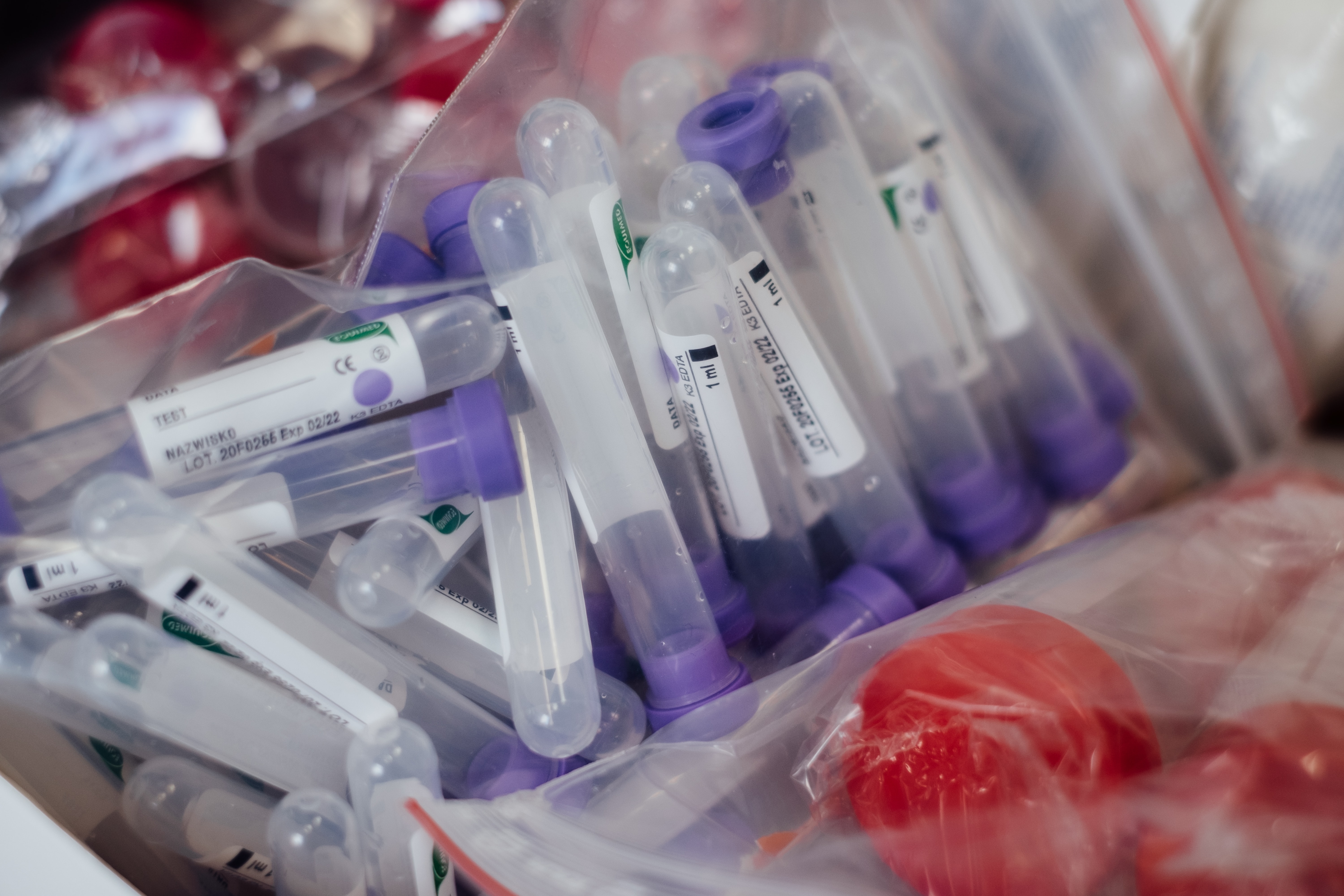'Surrogate' viruses could help us test for COVID-19 antibodies
Embargoed until:
Publicly released:
2020-07-23 17:00
US researchers say safer surrogate viruses could be used to quickly test the ability of antibodies to neutralise the COVID-19 virus. The body produces antibodies to try and prevent the COVID-19 virus from infecting cells, but the strength of the antibodies varies between patients, and we don't yet know how long they persist in the body to prevent infection. Testing antibodies against the real SARS-CoV-2 virus requires biosafety level 3 facilities and can be is labour intensive so US researchers developed a number of safer, surrogate viruses that could be used to test for these antibodies.
Journal/conference: Journal of Experimental Medicine
Research: Paper
Organisation/s: The Rockefeller University, USA
Funder: This work was supported by National Institutes of Health grants P01AI138398-S1, 2U19AI111825 (to M.C. Nussenzweig and C.M. Rice), R01AI091707-10S1 (to C.M. Rice), R01AI078788 (to T. Hatziioannou), and R37AI64003 (to P.D. Bieniasz); a George Mason University fast grant (to D.F. Robbiani and C.M. Rice); a European ATAC Consortium grant EC101003650 (to D.F. Robbiani); and the G. Harold and Leila Y. Mathers Charitable Foundation (C.M. Rice). C. Gaebler was supported by a Robert S. Wennett postdoctoral fellowship, in part by the National Center for Advancing Translational Sciences (National Institutes of Health Clinical and Translational Science Award program grant UL1 TR001866), and by the Shapiro-Silverberg Fund for the Advancement of Translational Research. P.D. Bieniasz and M.C. Nussenzweig are Howard Hughes Medical Institute Investigators The Rockefeller University has applied for a patent relating to the replication-competent VSV/SARS-CoV-2 chimeric virus on which P.D. Bieniasz, T. Hatziioannou, F. Schmidt, and Y. Weisblum are listed as inventors.
Media release
From: Rockerfeller University, USA
Researchers develop new tools to rapidly test activity of anti-coronavirus antibodies
Researchers at The Rockefeller University in New York have developed new tools to rapidly test the ability of antibodies to neutralize SARS-CoV-2, the novel coronavirus responsible for the COVID-19 pandemic. The approach, published this week in the Journal of Experimental Medicine (JEM ), will help researchers understand whether patients are susceptible to reinfection by SARS-CoV-2 and assess the effectiveness of experimental vaccines, as well as develop antibody-based therapies against the disease.
People infected with SARS-CoV-2 produce neutralizing antibodies that prevent the virus from infecting cells by binding to the spike protein on the virus’s surface. Early studies have suggested that the strength of this antibody response varies greatly between patients, and it remains unknown how long any such neutralizing antibodies persist in the blood to provide protection against reinfection.
Meanwhile, efforts are under way to treat and prevent COVID-19 using either purified antibodies or whole blood plasma collected from convalescent patients who produce large amounts of neutralizing antibodies. Moreover, any successful vaccine against SARS-CoV-2 will have to induce the production of neutralizing antibodies.
Antibody tests using the SARS-CoV-2 virus itself are labor intensive and must be carried out in biosafety level 3 facilities, limiting their widespread application. Bieniasz and colleagues therefore developed a number of safer, surrogate viruses that can be used in place of SARS-CoV-2 to test the neutralizing activity of antibodies targeting the coronavirus spike protein.


